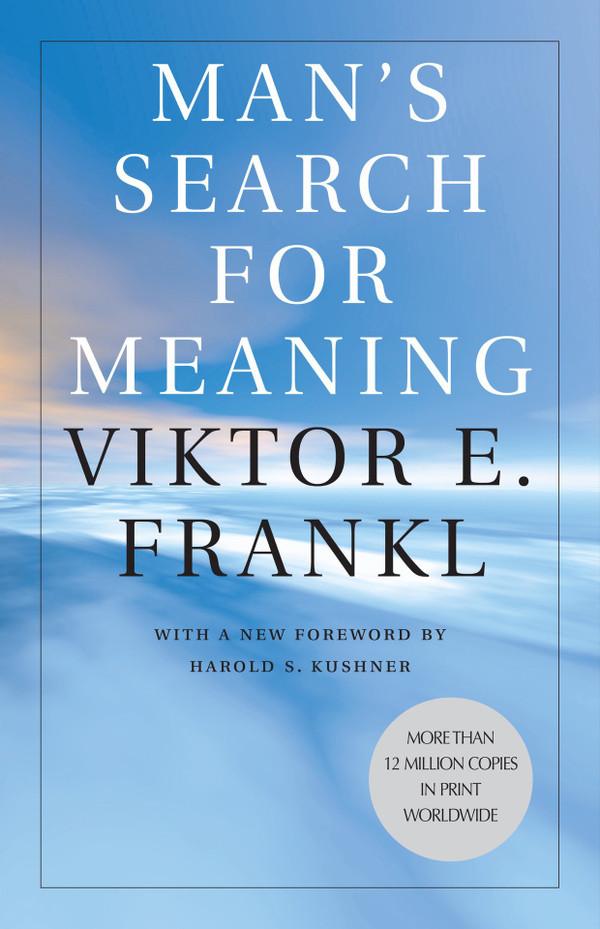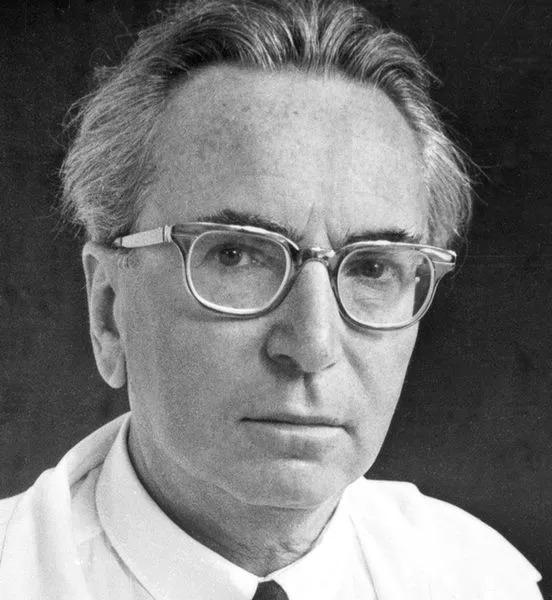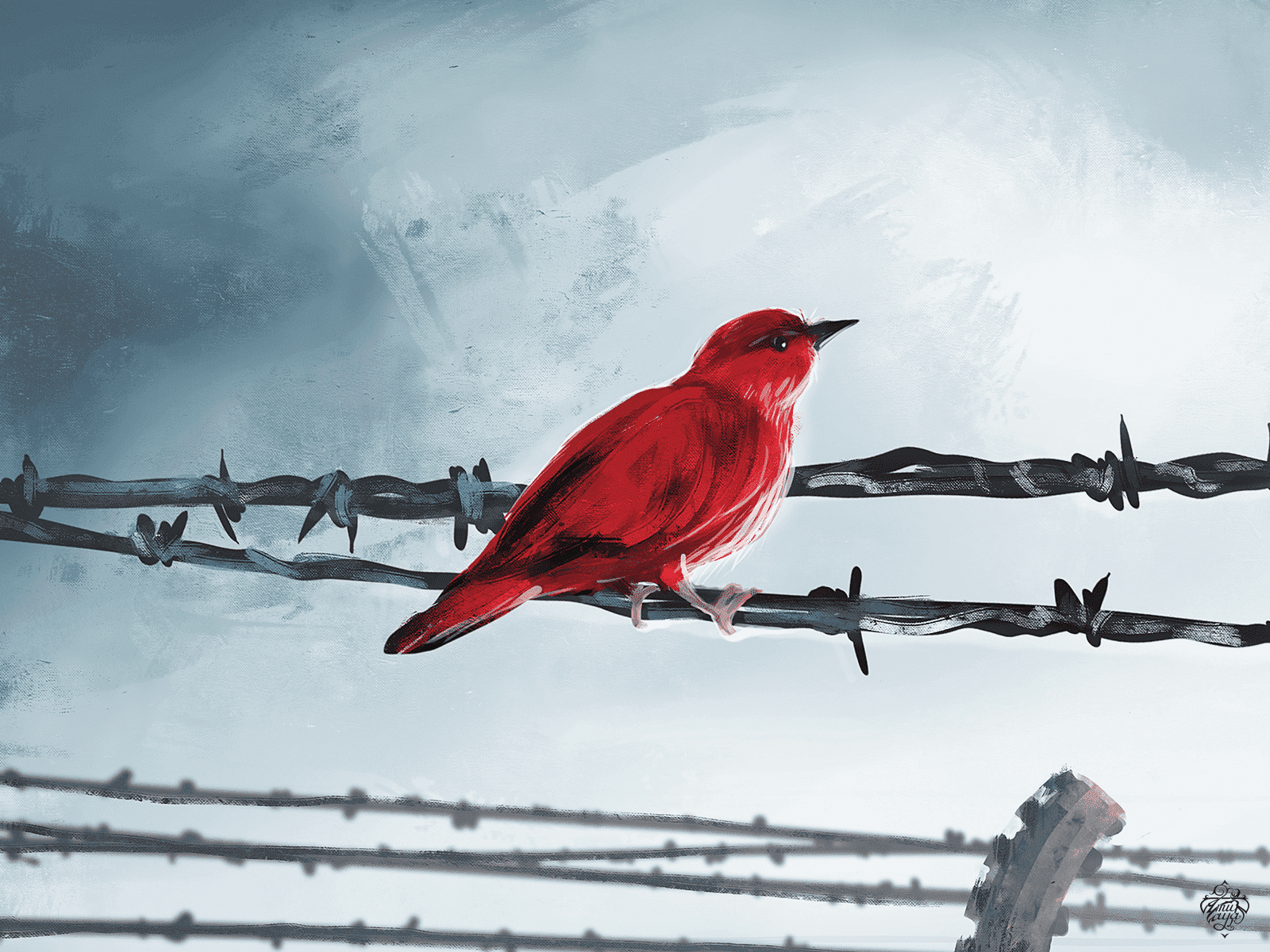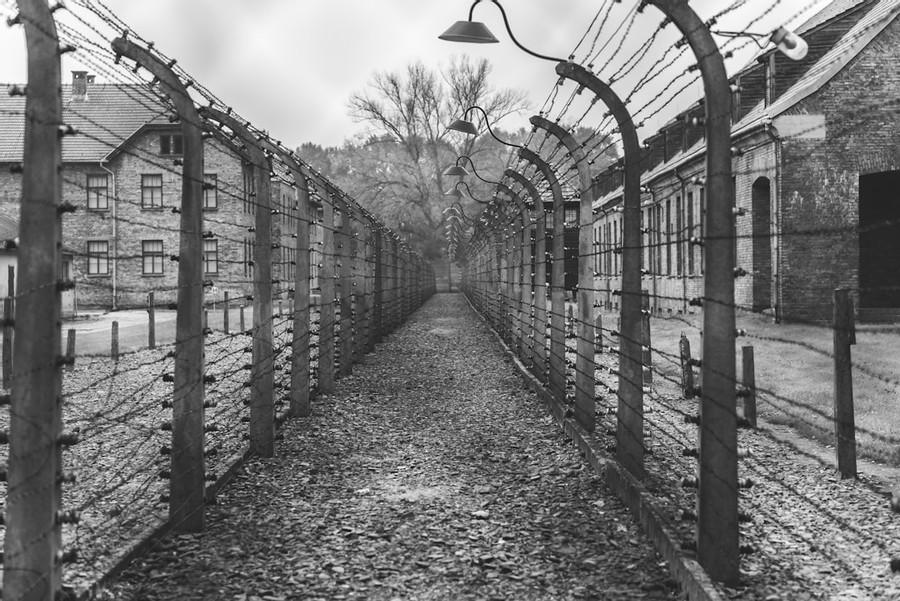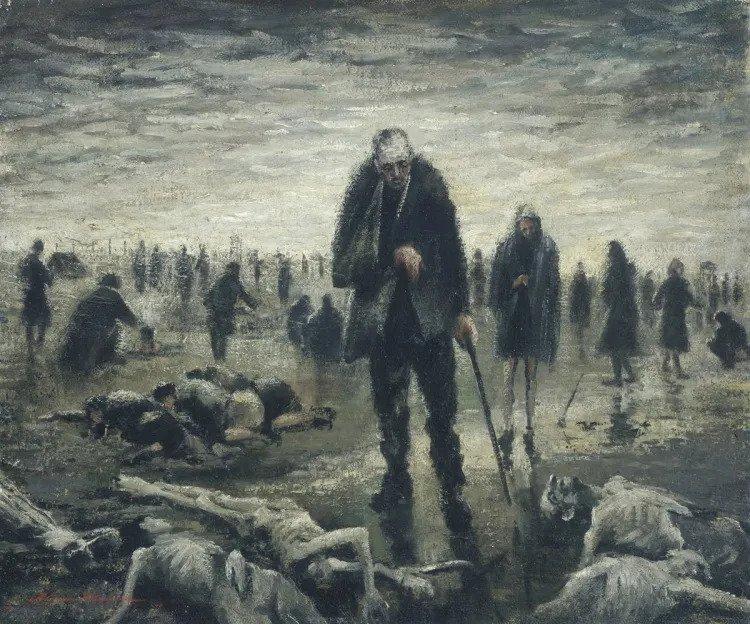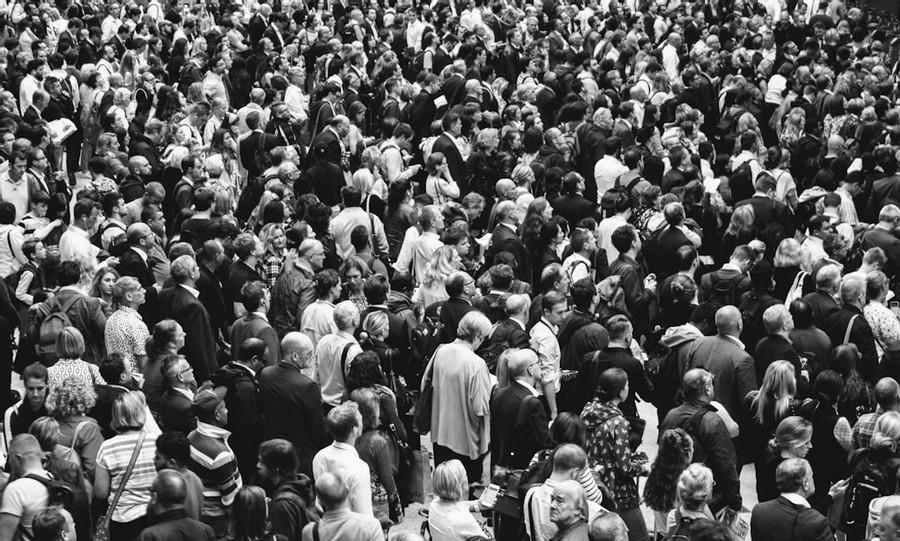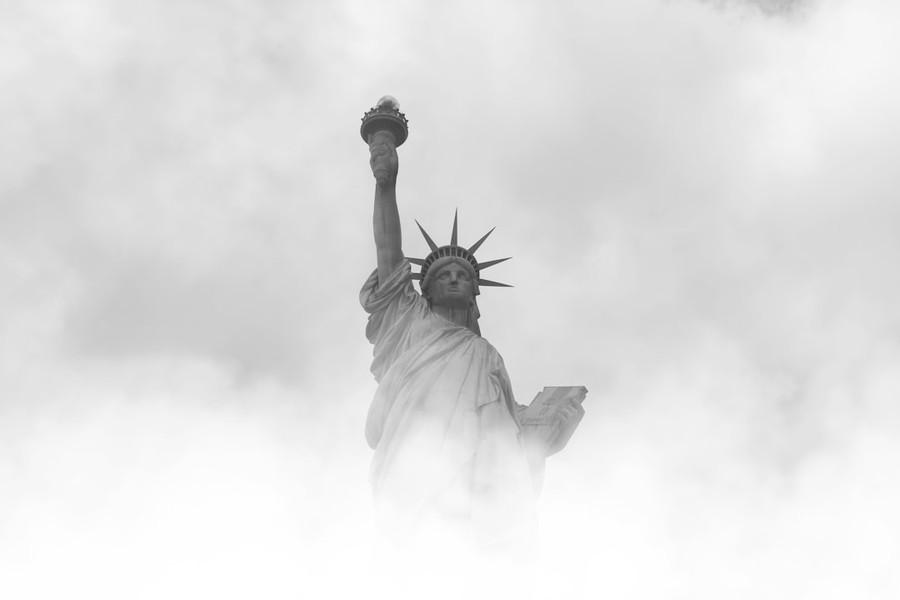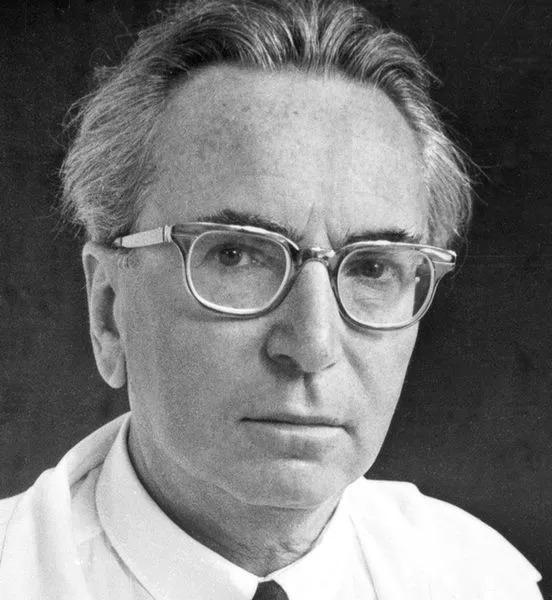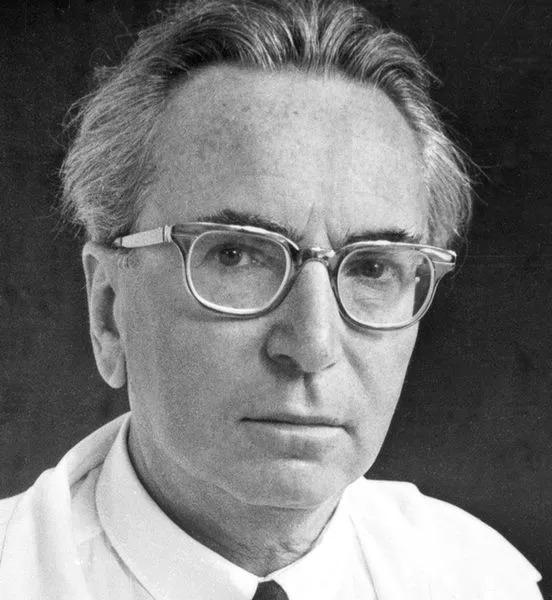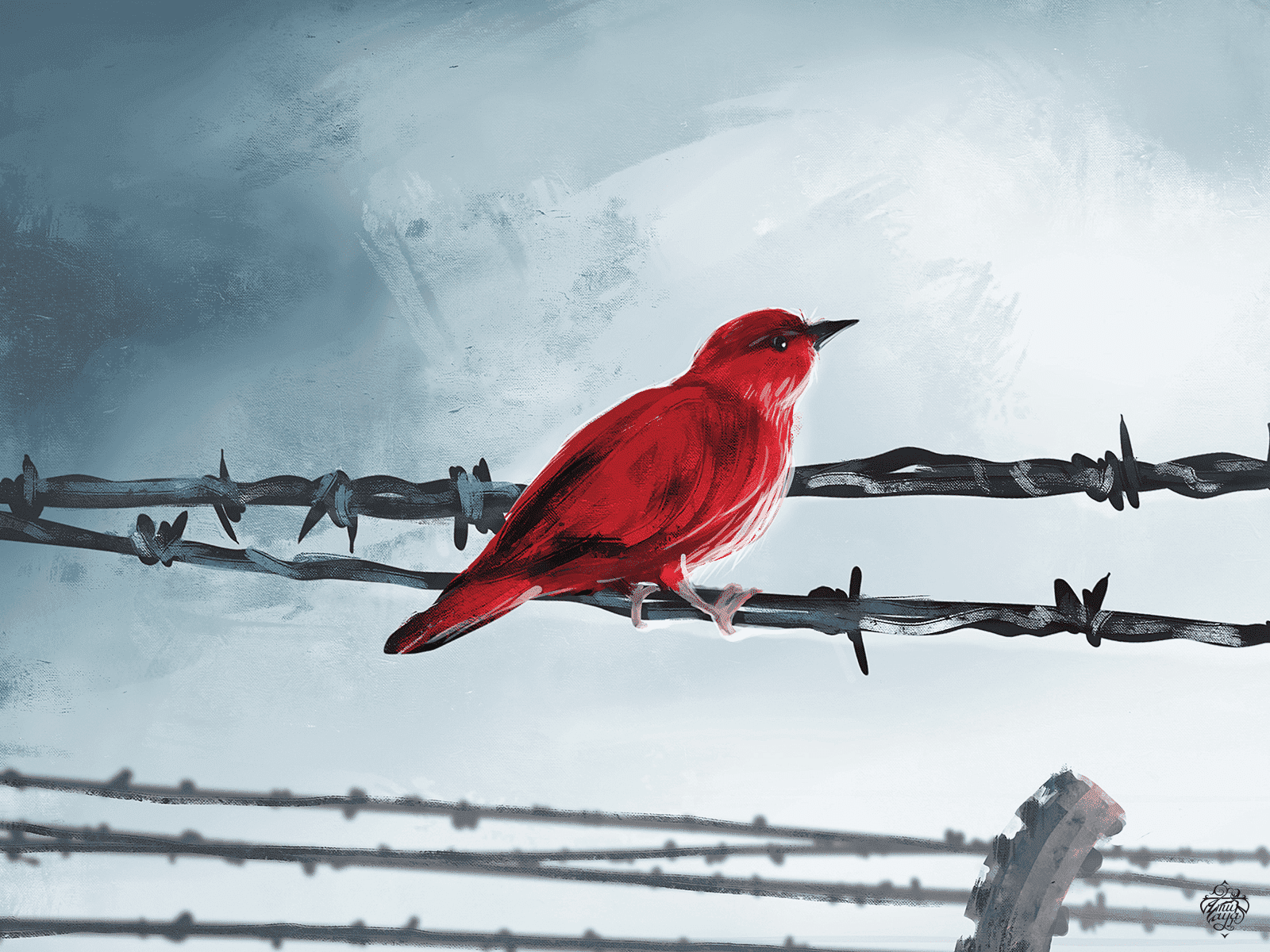Justin Chau's Key Ideas from Man's Search for Meaning
by Viktor E. Frankl
Ideas, facts & insights covering these topics:
32 ideas
·31.9K reads
62
Explore the World's Best Ideas
Join today and uncover 100+ curated journeys from 50+ topics. Unlock access to our mobile app with extensive features.
When we can no longer change a situation, we are challenged to change ourselves. That is why man is even ready to suffer, on the condition that his suffering has meaning.
VICTOR E. FRANKL
338
9.14K reads
He who has a why to live can bear with almost any how
To live is to suffer; to survive is to find meaning in suffering. If there is a purpose in life, there must be a purpose in suffering and dying. But no man can tell another what this purpose is. Each must find out for himself and accept his answer's responsibility.
All the familiar goals in life are snatched away. What alone remains is "the last of human freedoms".
If hundreds of thousands of people reach out for a book whose very title promises to deal with the question of a meaning to life, it must be a question that burns under their fingernails.
283
2.29K reads
Experiences in a Concentration Camp
How was everyday life in a concentration camp reflected in the mind of the average prisoner?
Most of the events described here did not occur in the large and famous camps but in the small ones where most extermination occurred.
For success, like happiness, cannot be pursued; it must ensue, and it only does so as the unintended side-effect of one's dedication to a cause greater than oneself or as the by-product of one's surrender to a person other than oneself.
244
1.76K reads
Numbered Lives
A definite number of prisoners had to go with each transport. It did not matter which since each was nothing but a number. Therefore, each prisoner had had an opportunity to claim a fictitious name or profession; for various reasons, many did this. The authorities were interested only in the captives' numbers.
234
1.55K reads
A Prisoner's Morals
There was neither time nor desire to consider moral or ethical issues. Every man was controlled by one thought: to keep himself alive for the family waiting for him at home and save his friends. Therefore, he would not hesitate to arrange for another prisoner, another "number", to take his place in the transport.
241
1.41K reads
The Best of Us Did Not Return
On average, only those prisoners could keep alive who, after years of trekking from camp to camp, had lost all scruples in their fight for existence; were prepared to use every means, honest and otherwise, even brutal force, theft, and betrayal of their friends, to save themselves. We know: the best of us did not return.
241
1.26K reads
Psychopathology of the Masses
The engine's whistle had an uncanny sound, like a cry for help sent out in commiseration for the low load destined to lead into perdition. With the progressive dawn, the outliers of an immense camp became visible: long stretches of several rows of barbed wire fences; watch towers; searchlights; and long columns of ragged human figures, grey in the greyness of dawn, trekking along the straight desolate roads, to what destination we did not know.
235
1.14K reads
Delusion of Reprieve
The condemned man, immediately before his execution, gets the illusion that he might be reprieved at the very last minute. We, too, clung to shreds of hope and believed to the last moment that it would not be so bad. Just the sight of the red cheeks and round faces of those prisoners was a great encouragement.
Nearly everyone in our transport lived under the illusion that he would be reprieved, that everything would be well. We did not realize the meaning behind the scene that was to follow presently.
231
959 reads
Textbooks Tell Lies
SS men appeared and spread out blankets into which we had to throw all our possessions, watches, and jewelry. There were still naive prisoners among us who asked, to the amusement of the more seasoned ones who were there as helpers, if they could keep a wedding ring, a media, or a good-luck piece. No one could yet grasp the fact that everything would be taken away.
Remember: shave, stand, and walk smartly; you need not fear gas.
229
913 reads
A Prisoner's School of Thought
Some things must cause you to lose your reason or have none to lose.
At first, the prisoner looked away if he saw the punishment parades of another group; he could not bear to see fellow prisoners march up and down for hours in their mire, their movements directed by blows. I watched without any emotional upset the following scene, which was repeated repeatedly with each death. One by one, the prisoners approached the still-warm body. One grabbed the remains of a messy meal of potatoes; another decided that the corpse's wooden shoes were an improvement on his own and exchanged them.
229
811 reads
Where it Hurts Most
It is not the physical pain that hurts the most; it is the mental agony caused by the injustice, the unreasonableness of it all. That, to me, seemed the way to attract the attention of a beast, to call a domestic animal back to its job, a creature with which you have so little in common that you do not even punish it.
Apathy, the main symptom of the second phase, was a necessary self-defense mechanism. Reality dimmed, and all efforts and all emotions were centered on one task: preserving one's life and that of the other fellow—a retreat to a more primitive form of mental energy.
236
761 reads
Primitive Desires
What did the prisoner dream about most frequently? Of bread, cake, cigarettes, and nice warm baths. No dream, no matter how horrible, could be as bad as the reality of the camp which surrounded us and two which I was about to recall him. Is it not wrong to provoke the organism with such detailed and practical pictures of delicacies when it has somehow managed to adapt itself to minimal rations and low calories? Though it may afford momentary psychological relief, it is an illusion that physiologically must not be without danger.
233
706 reads
Love and Suffering
The truth—is that love is the ultimate and the highest goal to which man can aspire. The salvation of man is through love and in love. I understand how a man who has nothing left in this world may still know bliss, be it only briefly in the contemplation of his beloved. In a position of utter desolation, when a man cannot express himself in positive action, when his only achievement may consist in enduring his sufferings in the right way— an honorable way—in such a position, man can, through loving contemplation of the image he carries of his beloved, achieve fulfillment.
246
668 reads
Finding Refuge in Suffering
The intensification of inner life helped the prisoner find a refuge from his existence's emptiness, desolation, and spiritual poverty by letting him escape into the past. When given free rein, his imagination played with past events, often not important ones but minor happenings and trifling.
The attempt to develop a sense of humour and to see things in a humorous light is a trick learned while mastering the art of living. Thus suffering ultimately fills the human soul and conscious mind, no matter whether the suffering is great or little. Therefore, the size of human suffering is relative.
233
600 reads
Judgement
Everything not connected with the immediate task of keeping oneself and one's closest friends alive lost its value. Everything was sacrificed to this end. Under the influence of a world that no longer recognized the value of human life and human dignity, which had robbed a man of his will and had made him an object to be exterminated. Under this influence, the personal ego finally suffered a loss of values.
231
545 reads
Solitude
It is well known that an enforced community life, in which attention is paid to everything one does at all times, may result in an irresistible urge to get away, at least for a short while. The prisoner craved to be alone with himself and his thoughts. He yearned for privacy and solitude.
231
542 reads
The Value of Human Life
It is challenging for an outsider to grasp how little value was placed on human life in the camp. The camp inmate was hardened but possibly became more conscious of this complete disregard for human existence when a convoy of sick men was arranged. The emaciated bodies of the sick were thrown on two-wheeled carts drawn by prisoners for many miles, often through snowstorms, to the next camp. If one of the sick men had died before the carriage left, he was thrown on anyway—the list had to be correct!
229
512 reads
Human Liberty
This escape from commitment was most apparent when a prisoner decided for or against an escape attempt. In those minutes in which he had to make up his mind—and it was always a question of minutes—he suffered the tortures of Hell. Should he attempt to flee? Should he take the risk?
The consciousness of one's inner value is anchored in higher, more spiritual things and cannot be shaken by camp life. But how many free men, let alone prisoners? His surroundings completely and unavoidably influence the human being.
230
489 reads
233
574 reads
Finding Meaning in Suffering
If there is a meaning in life at all, then there must be a meaning in suffering. How a man accepts his fate and all the suffering it entails and takes up his cross gives him ample opportunity—even under the most challenging circumstances—to add a deeper meaning to his life. It may remain brave, dignified, and unselfish. Or, in the bitter fight for self-preservation, he may forget his human dignity and become no more than an animal. Here lies the chance for a man to forgo opportunities to attain the moral values that a difficult situation may afford him.
237
460 reads
Provisional Existence of Unknown Limit
New arrivals usually knew nothing about the conditions at a camp. Those who had returned from other camps were obliged to keep silent; from some camps, no one had returned. With the end uncertainty, there came the anticipation of the end.
A man who could not see the end of his "provisional existence" could not aim at an ultimate goal in life. He ceased living for the future, unlike a man in ordinary life. The limitlessness of the term of imprisonment was most acutely felt; in space, the narrow limits of the prison. Anything outside the barbed wire became out of reach and, in a way, unreal.
232
446 reads
Fear of the Unknown
We all feared this moment—not for ourselves, which would have been pointless, but for our friends. Any attempt to restore a man's inner strength in the camp had first to show him some future goal.
It did not matter what we expected from life, but rather what life expected from us. We needed to stop asking about the meaning of life and instead think of ourselves as those being questioned by life—daily and hourly. Life ultimately means taking the responsibility to find the correct answer to its problems and to fulfill the tasks which constantly sets itself for each individual.
238
435 reads
Changing What it Means to Live Through Suffering
Long ago, we had passed the stage of asking what was the meaning of life, a naive query that understands life as attaining some aim through the active creation of something of value. For us, the importance of life embraced the broader cycles of life and death, suffering and dying. We refused to minimize or alleviate the camp's tortures by ignoring them, harboring false illusions, and entertaining artificial optimism.
230
421 reads
Wie viel ist aufzuleiden!
How much suffering there is to get through! Rilke spot of "getting through suffering" as others would talk of "getting through work". In both cases, it was a question of getting them to realize that life was still expecting something from them; something in the future was expected of them.
232
424 reads
A Rare Case of Humility
How could men of flesh and blood treat others as so many prisoners say they have been treated?
- The presence of sadists
- A severe detachment of guards
- Ever-increasing doses of brutality
It was the human "something" that this man also gave me—the word and look that accompanied the gift.
Life in a concentration camp tore open the human soul and exposed its depths. Is it surprising that in those depths, we again found only human qualities which, in their very nature, were a mixture of good and evil?
228
416 reads
Depersonalization
"Freedom"—we repeated to ourselves, yet we could not grasp it. We had said this word so often during all the years we dreamed about it that it had lost its meaning. Its reality did not penetrate our consciousness; we could not grasp that freedom was ours.
231
408 reads
Disillusionment
When he heard the exact phrases everywhere—"We did not know about it," and "We, too, have suffered," he asked himself, have they nothing to say to me? A man who for years had thought he had reached the absolute limit of all possible suffering now found that grief has no boundaries and that he could suffer more and more intensely.
He had to be reminded that life still awaited him, that a human being awaited his return. But after liberation? Some men found that no one awaited them.
230
393 reads
Logotherapy in a Nutshell
Logotherapy focuses on the future and defocuses all the vicious-circle formations and feedback mechanisms. Striving to find meaning in one's life is the primary motivational force in man. This meaning is unique and specific in that it must and can be fulfilled alone; only then does it achieve a significance that will satisfy his own will to meaning.
232
406 reads
The Existential Vacuum
Mental health is based on the tension between what one has already achieved and what one should accomplish or the gap between what one is and should become. Man needs not a tensionless state but rather the striving and struggling for a worthwhile goal, a freely chosen task
No instinct tells him what he has to do, and no tradition tells him what he ought to do; sometimes, he does not even know what he wishes to do. Instead, he either wishes to do what other people do (conformism) or what other people want him to do (totalitarianism).
238
391 reads
The Essence of Existence
"Live as if you were living already for the second time and as if you had acted the first time as wrongly as you are about to act now!" Imagine first that the present is past and, second, that the past may yet be changed and amended. Logotherapy attempts to make the patient fully aware of his responsibility; therefore, it must leave him the option for what, to what, or to whom he understands himself to be responsible.
243
366 reads
"The question which beset me was, 'Has all this suffering, this dying around us, a meaning' For if not, then ultimately, there is no meaning to survival; for a life whose purpose depends upon such a happenstance—as whether one escapes or not—ultimately would not be worth living at all."
VIKTOR E. FRANKL
231
367 reads
In A Nutshell
A human being is not one thing among others; things determine each other, but man is ultimately self-determining. What he becomes—within the limits of endownment and environment—he has made out of himself. We watched and witnesses some of our comrades behave like swine while others behaved like saints. Man has both potentialities within himself; which one is actualized depends on decisions but not on conditions.
233
374 reads
IDEAS CURATED BY
CURATOR'S NOTE
To live is to suffer; to survive is to find meaning in suffering. If there is a purpose in life, there must be a purpose in suffering and dying. But no man can tell another what this purpose is. Each must find out for himself and accept his answer's responsibility.
“
Curious about different takes? Check out our Man's Search for Meaning Summary book page to explore multiple unique summaries written by Deepstash users.
Different Perspectives Curated by Others from Man's Search for Meaning
Curious about different takes? Check out our book page to explore multiple unique summaries written by Deepstash curators:
12 ideas
Vysakh M's Key Ideas from Man's Search For Meaning
Viktor E Frankl
5 ideas
PURANA PEN 's Key Ideas from Man's Search for Meaning
Viktor E. Frankl
5 ideas
Edwin 's Key Ideas from Man's Search for Meaning
Viktor E. Frankl
Discover Key Ideas from Books on Similar Topics
20 ideas
Leaders Eat Last
Simon Sinek
9 ideas
Leaders Eat Last
Simon Sinek
5 ideas
Ikigai
Héctor García, Francesc Miralles
Read & Learn
20x Faster
without
deepstash
with
deepstash
with
deepstash
Personalized microlearning
—
100+ Learning Journeys
—
Access to 200,000+ ideas
—
Access to the mobile app
—
Unlimited idea saving
—
—
Unlimited history
—
—
Unlimited listening to ideas
—
—
Downloading & offline access
—
—
Supercharge your mind with one idea per day
Enter your email and spend 1 minute every day to learn something new.
I agree to receive email updates
